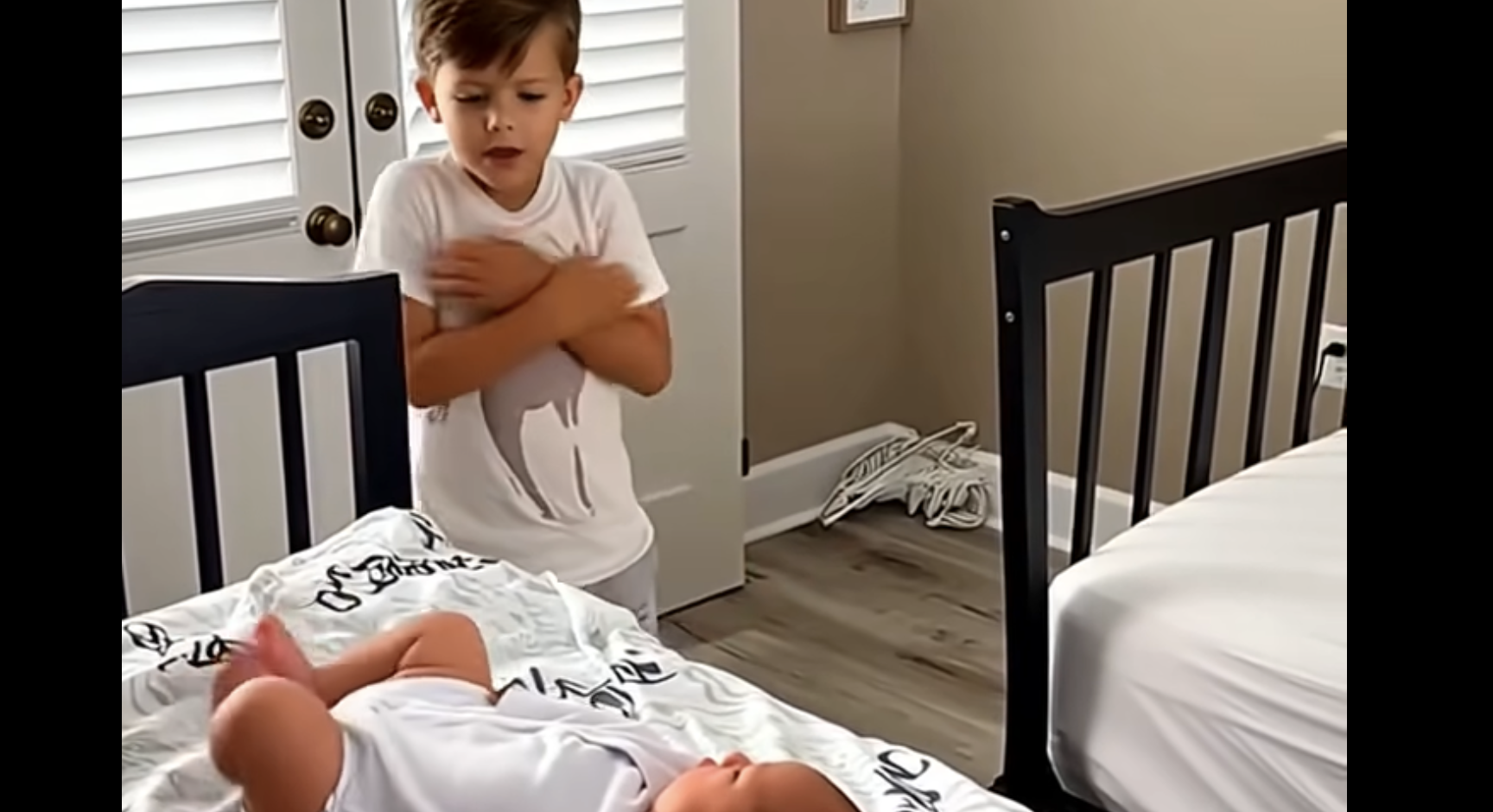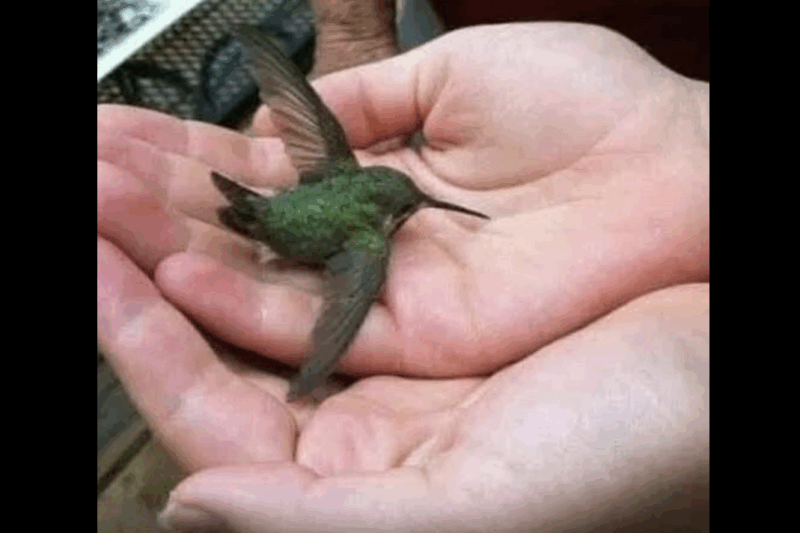Bringing home a newborn should have been a time of pure joy for Miranda. She had spent months preparing for the arrival of her daughter, Zoey, and was especially touched by how excited her five-year-old son, Max, had been. He had helped decorate the nursery, carefully placed stuffed animals in the crib, and even practiced holding and feeding a doll so he could be ready to help with his new baby sister.
In the beginning, everything seemed to go smoothly. Max was curious and attentive. He would sit close by during feedings, offer to hand over diapers or blankets, and ask if he could help rock the baby to sleep. Miranda and her husband, David, were proud of how lovingly Max responded to the change. It seemed like the perfect start to their new life as a family of four.
But within a few days, something shifted. Max became quiet and withdrawn, especially when Zoey was nearby. He no longer asked to help or lingered close when Miranda was holding the baby. At first, Miranda assumed it was a typical reaction to a sibling’s arrival—feelings of jealousy or adjustment, something that would pass with time.
Then, one night, as she was tucking him into bed, Max said something that made her freeze.
“That’s not Zoey,” he whispered.
Miranda blinked, unsure if she’d heard him right. “What do you mean, sweetheart?”
Max looked her in the eyes and said it again, calmly, but firmly. “That baby isn’t Zoey. I saw the nurses switch her. She had a different blanket when she was born. It had bears on it. The one we brought home doesn’t.”
At first, Miranda dismissed it as a child’s overactive imagination. She gently reassured Max, gave him an extra hug, and told him everything was okay. But later that night, her mind kept returning to his words. His tone hadn’t been frightened or confused—it had been steady. Certain. And the detail about the blanket made her stomach tighten.
The next morning, Miranda and David decided to check. They looked through the photos taken at the hospital and compared them to what they had brought home. Max was right. The blanket Zoey had been wrapped in at the hospital had small bears on it—the one she was swaddled in when they brought her home was plain white with stripes. It was a small thing, but suddenly it didn’t feel small at all.
Panic began to set in. They contacted the hospital immediately, asking questions neither of them had ever imagined needing to ask. At first, staff insisted that everything had followed standard protocol. But Miranda and David pushed harder. They requested a DNA test—not out of paranoia, but because their instincts, and their son’s quiet insistence, wouldn’t let it go.
Days passed in a blur of anxiety. When the results came back, the truth was undeniable: the baby they had brought home was not biologically theirs. There had been an accidental switch in the maternity ward.
What followed was one of the most emotional and surreal experiences of their lives. The other family had been just as shocked and heartbroken. Arrangements were made carefully and with compassion. The exchange was quiet, filled with tears, gratitude, and unimaginable pain. And then, at last, Miranda held her true daughter for the first time.
In that moment, everything else fell away—the confusion, the fear, even the heartbreak. There was only connection. And profound relief.
From that day forward, Miranda never again underestimated her son’s words. Max had seen what no one else did. He had sensed the truth before any adult even thought to question it. His quiet voice had led them back to their daughter.
It was a lesson Miranda would carry with her for the rest of her life: sometimes, it’s the smallest voices that speak the loudest truths.




